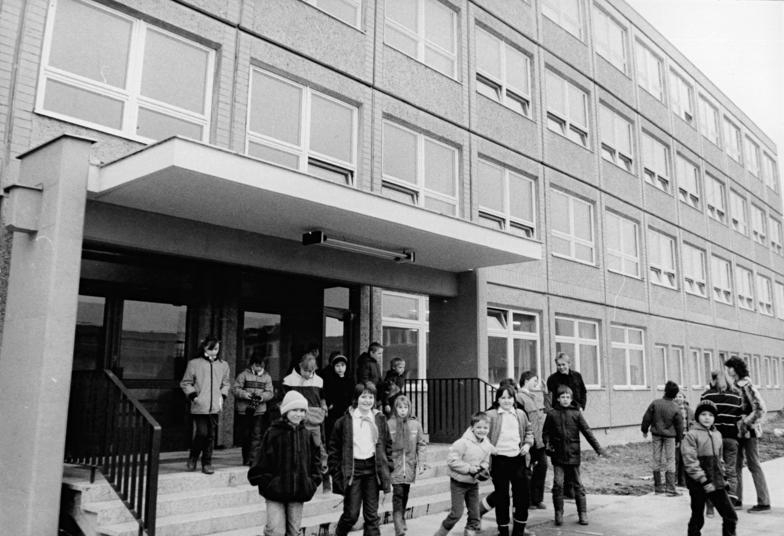Kathrin Zöller
Completed PhD Project
Funded by the Leibniz Association as part of the Leibniz Competition, 2016-2019
The centrally-organised education system in the GDR made schools into strongly regimented and, in terms of their mechanisms, predictable institutions for students and teachers alike. The system change of 1989/90 meant that the East German education authorities had to adapt and differentiate their school system in accordance with the West German model. Even before 1989/1990 however, school life allowed more room for manoeuvre than its institutional framework suggested. The project enquired as to how institutional reorganisation and socio-political upheavals were experienced and processed by actors within schools between 1978 and 2000. The tensions between system continuity and its crises of legitimacy were – according to the project’s hypothesis – particularly marked in schools themselves. How did the behaviour of historical actors in schools change and how did relationships between students and teachers develop against the backdrop of system change in East Germany? The project examined the inner workings of the schools and those acting within them on the basis of case studies developed through historical source analysis and oral history methods. In combination with the secondary analysis of social science data and the results of a long-term survey, the case studies wanted be placed in the context of system change and everyday life in East Germany before, during and after 1989/1990.

